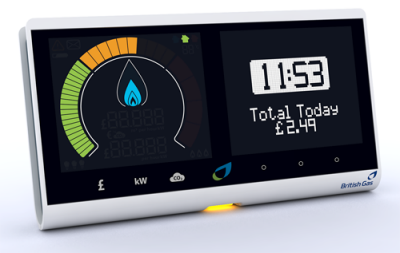Ofgem has confirmed the Default Tariff Price Cap between 1 January to 31 March 2024 will be set at £1,928 – £2,356 less than the price cap for the same period this year.
Representing an increase of £94 (5%) compared to the current cap, the vast difference between next year’s Q1 price cap and this year’s is a welcome illustration of a slowly subsiding energy crisis.
The price cap refers to the annual price of energy for a typical dual fuel household paying by direct debit.
| Energy price per unit 1 October to 31 December 2023 | Energy price per unit 1 January to 31 March 2024 | |
| Electricity | 27.35 pence per kWh 53.37 pence daily standing charge | 28.62 pence per kWh 53.35 pence daily standing charge |
| Gas | 6.89 pence per kWh 29.62 pence daily standing charge | 7.42 pence per kWh 29.60 pence daily standing charge |
Despite being on a more positive trajectory, the price cap rise from the end of this year to the beginning of the next is coming at a trying time for UK households. Especially as the decrease between the two Q1 price caps will be little felt by households due to the Energy Price Guarantee capping energy bills to £2,500 this time last year.
Cornwall Insight have attributed the increased price cap to the UK’s increasing reliance on Liquified Natural Gas (LNG), making the nation more susceptible to geopolitical influence on the energy wholesale market, such as Australian LNG strikes. This reliance on fossil fuels caused the market researcher’s predictions for the rest of 2024 to increase by 5-6% or £91-£110.
There was little mention of direct support with energy bills in yesterday’s Autumn Statement, which Cornwall Insight’s principal consultant, Dr Craig Lowrey, predicted will lead consumers to look at reducing their energy consumption to help handle high energy prices.
However, Lowrey noted: “Given that standing charges for gas and electricity make up about 16% of overall household bills, even those who use less energy might find themselves grappling with escalating costs. Ofgem’s recently announced review acknowledges this imbalance, but it’s a complex issue. Redistributing these charges might assist some but could harm vulnerable individuals in less energy-efficient homes or those with higher energy needs.”
Lowrey refers to Ofgem’s review into how standing charges are applied to bills to help tackle rising costs, which was announced last week (17 November).





